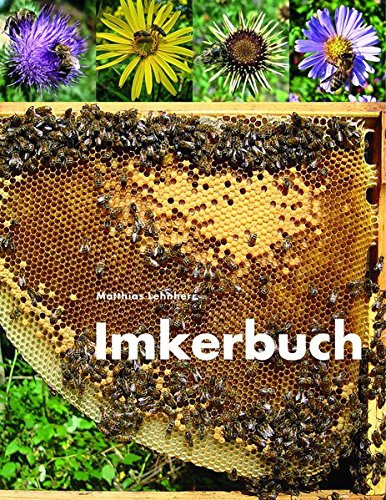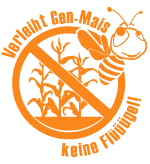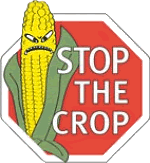The COLOSS BEEBOOK – Standard Methods for Apis mellifera research
The COLOSS BEEBOOK is a unique venture that aims to standardise methods for studying the honey bee. It is a practical manual compiling close to 1700 standard methods in all fields of research on the honey bee, Apis mellifera, and will become the definitive, but evolving, research manual, composed of 31 peer-reviewed chapters authored by 234 of the world’s leading honey bee experts representing 34 different countries. Chapters describe methods for studying honey bee biology, methods for understanding honey bee pests and pathogens, and methods for breeding honey bees. The BEEBOOK project is divided into three volumes: The COLOSS BEEBOOK, Volume I: Standard methods for Apis mellifera research; The COLOSS BEEBOOK, Volume II: Standard methods for Apis mellifera pest and pathogen research; and The COLOSS BEEBOOK, Volume III: Standard methods for Apis mellifera product research.
The first group of papers belonging to both Volumes I and II are published in a Special Issue of the Journal of Apicultural Researchas Open Access papers:
http://www.tandfonline.com/toc/tjar20/52/1
The second group of papers belonging to both Volumes I and II are published in the second Special Issue of the Journal of Apicultural Research as Open Access papers:
http://www.tandfonline.com/toc/tjar20/52/4
The printed book version of the BEEBOOK can be ordered from IBRA's bookshop.
The online version of the BEEBOOK can be accessed via the menu on the left. In order to allow this manual to evolve, each page has a comment field which enables the user to suggest improvements or new methods.
The BEEBOOKillustrates the unprecedented degree of international collaboration that the crisis in honey bees and the COLOSS network has engendered. The remainder volume III on honeybee products will be published in 2014.
The editors and author team hope that the BEEBOOK will serve as a reference tool for honey bee and other researchers globally: 'We hope that the honey bee research community will embrace this tool and work to improve it'. The online platform is open for everyone to use and further contribute to the development of our research field.
The COLOSS (Prevention of honey bee COlony LOSSes) network aims to explain and prevent massive honey bee colony losses. It was funded by the European Union COST Programme (Action FA0803):
http://www.cost.eu/domains_actions/fa/Actions/FA0803
COST (European Cooperation in Science and Technology) is an intergovernmental framework for European Cooperation in Science and Technology, allowing the coordination of nationally-funded research on a pan-European level. COST is supported by the EU Research and Technological Development Framework programme. The European Science Foundation provides the COST Office through an EC contract. The Council of the European Union provides the COST Secretariat
The COLOSS network is now supported by the Ricola Foundation - Nature & Culture:
http://www.ricolafoundation.org/
COLOSS does not directly support science, but aims to coordinate international research activities across Europe and worldwide, promoting cooperative approaches and a research programme with a strong focus on the transfer of science into beekeeping practice. COLOSS has a membership of more than 300 scientists, veterinarians, beekeepers and students drawn from 62 countries worldwide. It is chaired by Prof. Peter Neumann of the University of Bern, Switzerland.
Quelle/Source:
- http://www.coloss.org/beebook
 Lehnherr, Mathias (8. Aufl. 2017) [1992]: Imkerbuch
Lehnherr, Mathias (8. Aufl. 2017) [1992]: Imkerbuch


